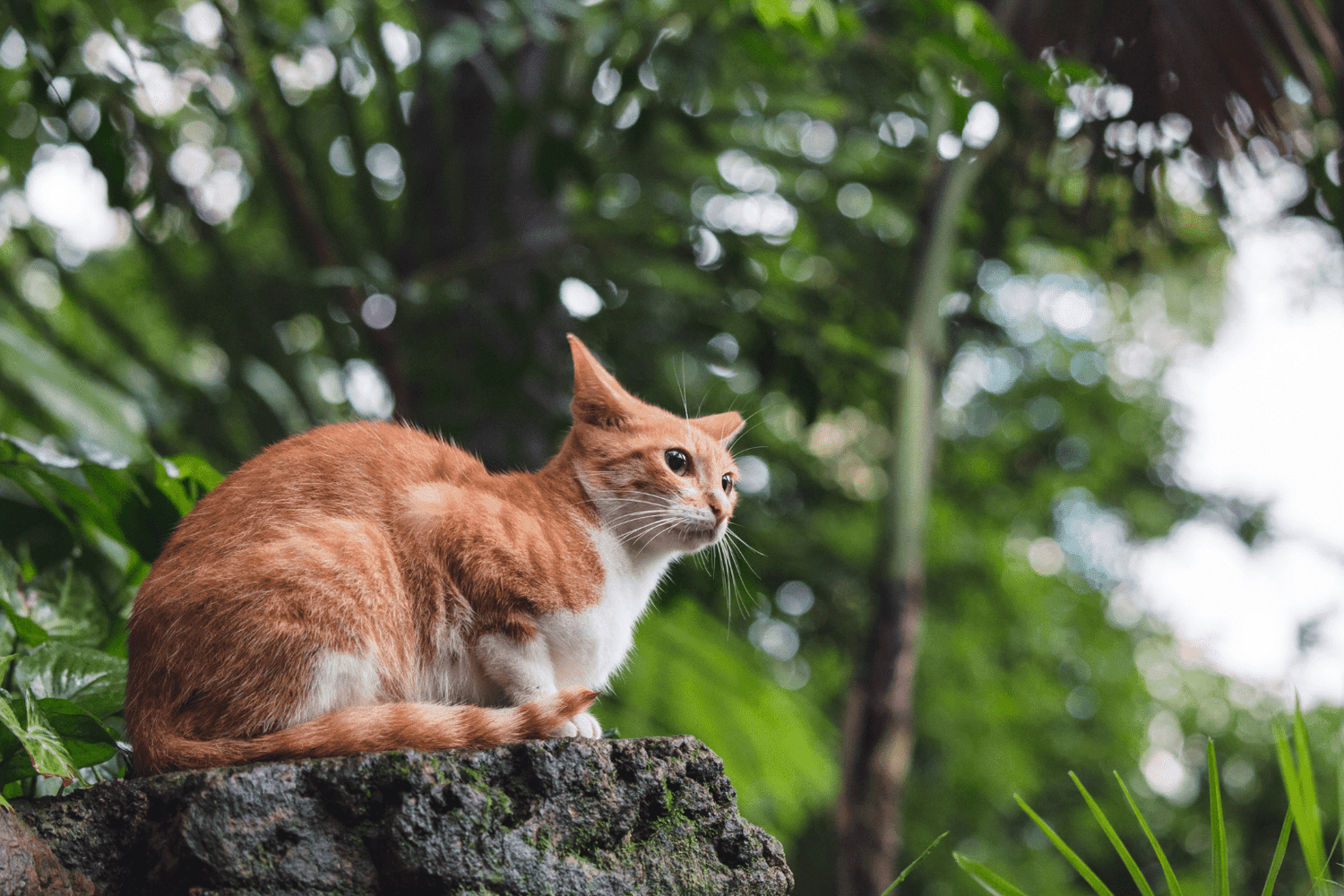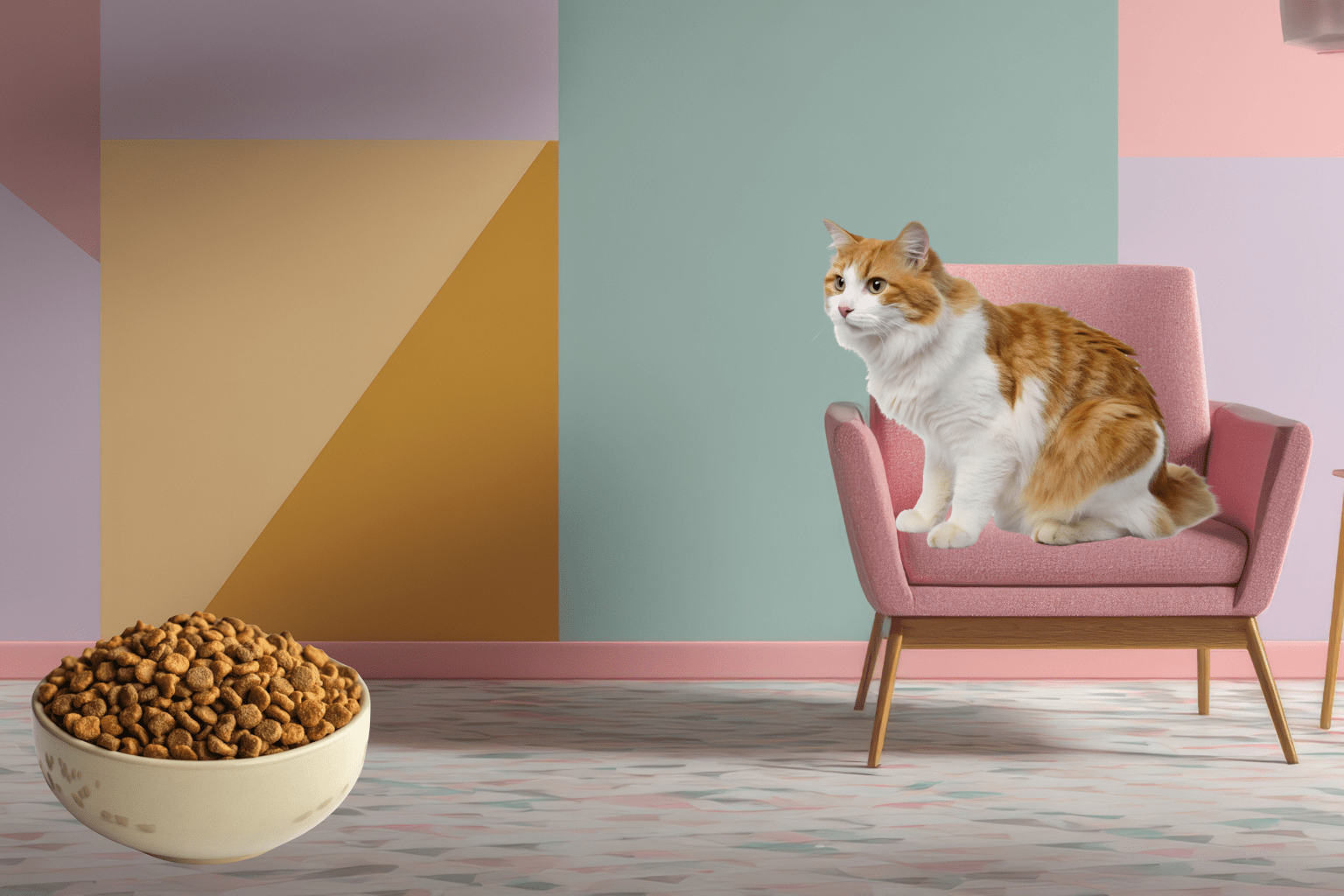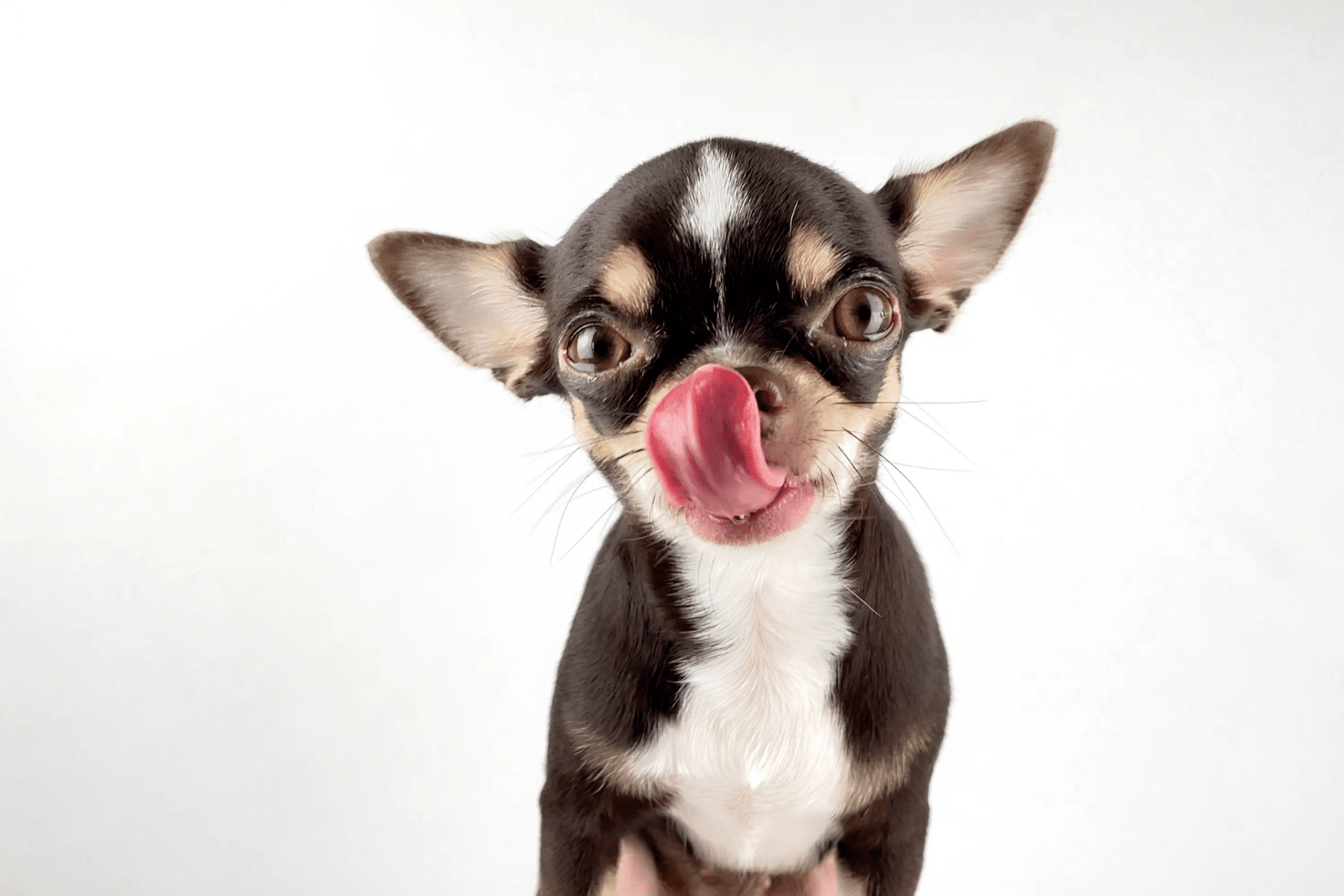Key Takeaways
- Independent cats are not aloof or unloving, but evolutionarily brilliant.
- Their self-reliance comes from thousands of years as solitary hunters.
- Survival for cats meant being resourceful, cautious, and selective about energy use.
- Cats thrive alone by making decisions based on their own assessment of safety and need.
- Unlike pack animals, cats developed to be solitary and self-sufficient.
Table of Contents
- What Independence Really Means for Your Cat (and Why It's a Strength, Not a Flaw)
- How Independent Cats Differ From Social Breeds (And Why It Matters for Care)
- The Best Independent Cat Breeds for Busy Pet Parents
- Creating a Low-Stress Environment for Your Independent Cat
- Natural Stress Support for Independent Cats During Life Changes
- When Should You Consider Professional Support for Your Independent Cat?
- Building a Lifelong Wellness Routine That Honors Your Cat's Independence
- Why BestLife4Pets Chose Pellets Over Liquids for Independent Cats
- Join Our Community of Independent Cat Parents
- Final Thought: Independence Is a Gift, Support It Gently
- When to Seek Professional Support for Your Independent Cat
- Join Our Community Celebrating Independent Cats
What Independence Really Means for Your Cat (and Why It's a Strength, Not a Flaw)
Let's clear something up right away: independent cats aren't aloof or unloving, they're evolutionarily brilliant. Their self-reliant nature stems from thousands of years as solitary hunters, where survival meant being resourceful, cautious, and selective about energy expenditure. Unlike pack animals, cats developed to thrive alone, making decisions based on their own assessment of safety and need.
Research shows that while cats don't use their humans as a "secure base" the way dogs do, they absolutely form deep attachments. Independent cats simply express affection differently, through slow blinks across the room, choosing to nap nearby (but not on top of you), and those gentle head bumps when they decide it's time for contact. They're not being standoffish; they're being authentically feline.
For busy pet parents, this independence is actually a gift. Independent cats adapt beautifully to varying schedules, entertain themselves during long workdays, and don't demand constant interaction to feel secure. However, even the most self-sufficient cat can experience stress during major life changes, moving, vet visits, or household disruptions, and that's where gentle, natural support becomes invaluable.
The key is recognizing that independence doesn't mean invulnerability. When your typically composed cat starts hiding more than usual or changes eating patterns, they're communicating in their own subtle way that they could use some extra comfort. For cats experiencing ongoing stress or immune challenges, Cat Allergy Relief & Immune Support can provide gentle, natural help to keep them feeling their best.
How Independent Cats Differ From Social Breeds (And Why It Matters for Care)

Not all cats are created equal when it comes to independence. Truly independent breeds like Russian Blues, British Shorthairs, and American Shorthairs are content spending hours alone, rarely seek lap time, and prefer observing household activity from their chosen perch. They're the cats who greet you with a dignified head nod rather than demanding immediate attention.
Social breeds like Ragdolls, Siamese, and Maine Coons operate differently, they actively seek interaction, may follow you room to room, and can develop separation anxiety when left alone too long. These cats thrive on engagement and may become vocal or destructive without adequate social stimulation.
Quick Assessment: Does your cat initiate play or wait for your cue? Do they seek your lap or create their own cozy spot nearby? Independent cats typically choose when and how to engage, while social cats actively recruit your participation in their daily activities.
Understanding your cat's natural temperament helps you provide appropriate care. Independent cats need respect for their boundaries and consistent routines, while social cats require more interactive enrichment. At BestLife4Pets, we've found that natural wellness support works beautifully for both personality types, it simply honors each cat's preferred way of receiving care.
The Best Independent Cat Breeds for Busy Pet Parents
For minimal-maintenance households: Russian Blues and British Shorthairs top the list. These breeds are naturally calm, require minimal grooming, and actually prefer predictable routines over constant stimulation. They're perfect for pet parents who travel occasionally or work long hours, as they handle solitude with grace.
For active families with irregular schedules: American Shorthairs and Scottish Folds adapt remarkably well to changing household dynamics. They're resilient enough to handle busy periods yet affectionate enough to reconnect when life slows down. These cats don't hold grudges about missed play sessions, they simply adjust.
For apartment living: Norwegian Forest Cats and Birmans offer gentle independence without demanding excessive space. They're content with vertical territory (cat trees, shelves) and don't exhibit the restless energy that some breeds develop in smaller spaces.
Remember, even the most independent cat benefits from environmental enrichment and routine veterinary care. Their self-sufficiency doesn't mean neglect, it means respecting their natural rhythms while providing quiet support when life gets unpredictable. During stressful periods like vet visits or household changes, even these resilient breeds appreciate gentle, natural comfort measures. For more tips on supporting your cat's well-being, you might enjoy this article on cats as service or emotional support animals.
Creating a Low-Stress Environment for Your Independent Cat
Respect routine and territory above all else. Independent cats thrive on predictable feeding times, consistent quiet hours, and multiple resource stations throughout your home. Provide at least one litter box per cat plus one extra, and place water sources away from food areas. This prevents resource guarding stress and gives your cat choices, something independent personalities deeply value.
Enrich without overwhelming. Rotate toys monthly rather than leaving everything out constantly, which can create overstimulation. Window perches for "bird TV" and puzzle feeders that engage hunting instincts work perfectly for cats who prefer self-directed entertainment. The goal is providing options they can choose from, not forcing interaction.
Recognize early stress signals in independent cats, as they're masters at hiding discomfort. Watch for subtle changes: excessive grooming, appetite shifts, litter box avoidance, or increased hiding. Even minor household disruptions, new furniture, different work schedules, or upcoming vet appointments, can trigger stress responses in sensitive independent cats.
Wellness Insight: When life gets chaotic, even the most resilient cats benefit from gentle natural support. The key is choosing remedies that work with their independent nature rather than requiring excessive handling or disrupting their preferred routines.
Natural Stress Support for Independent Cats During Life Changes

Independent cats face unique challenges during unavoidable disruptions. Vet visits and medical procedures can be particularly stressful for these naturally composed felines. Moving homes disrupts their carefully established territories, while new pets or family members can trigger territorial anxiety. Even aging-related changes like joint stiffness can challenge their cherished independence.
Natural homeopathic support works differently than sedatives. Instead of masking your cat's personality, gentle pellet remedies support the body's own ability to maintain calm resilience. Independent cats particularly benefit from this approach because they retain their self-reliant nature while feeling more balanced during challenging periods. If your independent cat is experiencing joint stiffness or mobility issues, Cat Hip and Joint Pain Relief can help support their comfort and independence.
The beauty of our pellet format lies in its simplicity for both cat and owner. No wrestling with droppers or syringes that stress-sensitive cats. Simply place a few pellets in the cheek pocket or crush into food. Maya, a typically aloof Russian Blue, sailed through her family's cross-country move after her mom started gentle support pellets three days before packing began. She emerged from her carrier in the new home with her usual confident demeanor intact.
Real Success: "My British Shorthair, Winston, usually hides for days after any disruption. Before his dental procedure, I gave him our stress support formula. He was back to his independent self within hours of coming home, no extended hiding or appetite loss." - Sarah M., Ontario
When Should You Consider Professional Support for Your Independent Cat?
Natural wellness support complements professional veterinary care but never replaces it. Independent cats often mask illness longer than social breeds, making regular wellness checkups crucial. Watch for red flags like sudden appetite loss, litter box avoidance, excessive hiding, or any dramatic personality shifts that persist beyond a day or two.
Many holistic veterinarians now recommend integrating natural support alongside conventional treatments for optimal outcomes. This approach honors your cat's independent nature while ensuring serious health issues receive proper medical attention. The key is knowing when gentle home support is appropriate versus when professional intervention is necessary. For more on how cats handle health challenges, see can cats get a cold or respiratory infection?
Building a Lifelong Wellness Routine That Honors Your Cat's Independence
Sustainable wellness for independent cats rests on three pillars: consistent routine, appropriate enrichment, and gentle support when needed. Daily feeding schedules and predictable quiet times feed their need for structure. Year-round mental enrichment through rotating toys and window perches prevents boredom without overwhelming their sensibilities.
Having natural wellness support readily available creates peace of mind for both cat and owner. Whether facing seasonal stress, life transitions, or age-related comfort needs, gentle homeopathic remedies provide a first-line option that respects your cat's independent spirit while offering quiet comfort. For cats needing extra support during stressful times, consider the Pet Relax Cat Calming Anxiety Relief for a comprehensive approach.
| Wellness Approach | Independent Cats | Social Cats | Best Support Method |
|---|---|---|---|
| Stress Management | Prefer minimal handling | Seek comfort from owners | Easy-dose pellets |
| Routine Disruption | Need advance preparation | Adapt with reassurance | Preventive natural support |
| Aging Support | Maintain independence longer | Accept help more readily | Joint comfort formulas |
| Recovery Time | Prefer solitary healing | Benefit from interaction | Gentle, non-intrusive remedies |
Why BestLife4Pets Chose Pellets Over Liquids for Independent Cats

Independent cats resist forced handling more than any other feline personality type. Liquid remedies require restraint, syringes, and often result in medication ending up on fur rather than in the cat. Our pellet format respects their autonomy while ensuring consistent dosing.
Three simple administration methods work for even the most aloof cats: drop pellets in the cheek pocket during a brief cuddle, crush into their favorite food, or dissolve in fresh water. No measuring, no mess, no wrestling. The approach honors their independent nature while providing the gentle support they need during life's inevitable challenges. For more on the science behind feline independence, see this research on why cats are more independent than dogs.
Join Our Community of Independent Cat Parents
The BestLife4Pets community celebrates the unique beauty of independent cats through shared stories and natural wellness successes. Every purchase supports senior pet shelters and rescue organizations, helping more independent cats find understanding homes where their self-reliant nature is valued rather than misunderstood.
We'd love to hear how your independent cat thrives with gentle, natural support. Share your story and join thousands of pet parents who understand that loving an independent cat means supporting their nature, not fighting it. For more fun insights into feline behavior, check out why do cats love boxes.
Final Thought: Independence Is a Gift, Support It Gently
Independent cats aren't less loving, they're beautifully self-reliant. Supporting their nature rather than trying to change it leads to happier, healthier, longer-lived companions. Natural wellness tools simply provide quiet comfort when life gets messy, allowing your cat to remain authentically themselves.
After ten years of watching independent cats and their humans thrive with gentle, natural support, I can tell you: respecting independence while offering quiet comfort is the real magic. Your self-reliant feline doesn't need us to change them, they need us to understand and gently support the magnificent creature they already are. For a deeper dive into feline behavioral research, see this recent scientific study on cat independence.
When to Seek Professional Support for Your Independent Cat

Natural wellness support works beautifully alongside professional veterinary care, but it's crucial to recognize when your independent cat needs more than gentle home remedies. Because these cats often mask discomfort longer than their social counterparts, subtle changes deserve attention.
Schedule a vet visit if you notice appetite changes lasting more than 24 hours, litter box avoidance, hiding in unusual places, or any visible signs of pain. Independent cats rarely show dramatic distress signals, so trust your instincts when something feels "off" about their routine. Many holistic veterinarians now recommend natural support as a complement to conventional treatments, creating a comprehensive approach that honors both your cat's physical needs and their preference for minimal intervention. If your cat is recovering from surgery or injury, you may also find these hip and joint surgery after care tips for dogs and cats helpful.
This information is not a substitute for professional veterinary advice. Always consult your veterinarian for persistent symptoms or behavioral changes.
Join Our Community Celebrating Independent Cats
The BestLife4Pets community is filled with pet parents who understand that independence isn't aloofness, it's a beautiful expression of feline confidence. We share real stories of cats thriving with natural support, from senior rescues finding comfort in their golden years to young cats navigating their first apartment moves.
Every purchase supports our mission beyond individual wellness, funding senior pet shelters and rescue organizations that specialize in finding homes for overlooked independent cats. When you choose natural wellness support, you're joining a network of pet parents who celebrate self-reliant cats while ensuring they have gentle comfort when life gets complicated. For ongoing support, explore our cat health product bundles for independent cats.
Share your independent cat's wellness journey with us, we'd love to hear how natural support has helped your feline family member stay authentically themselves while navigating life's changes.
Frequently Asked Questions
Which cat breed is the most independent?
The most independent cat breeds tend to be those with strong hunting instincts and solitary traits, such as the Russian Blue, the Scottish Fold, and the Egyptian Mau. These cats often enjoy their own space and can entertain themselves for long periods, making them well-suited for pet parents who appreciate a more self-reliant companion.



